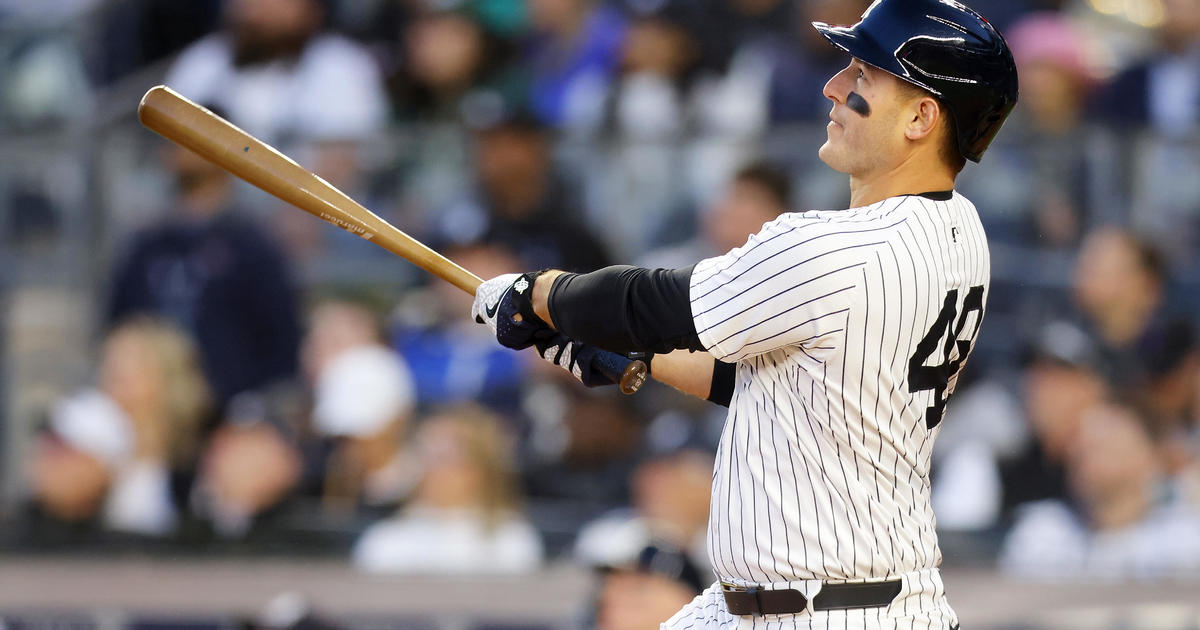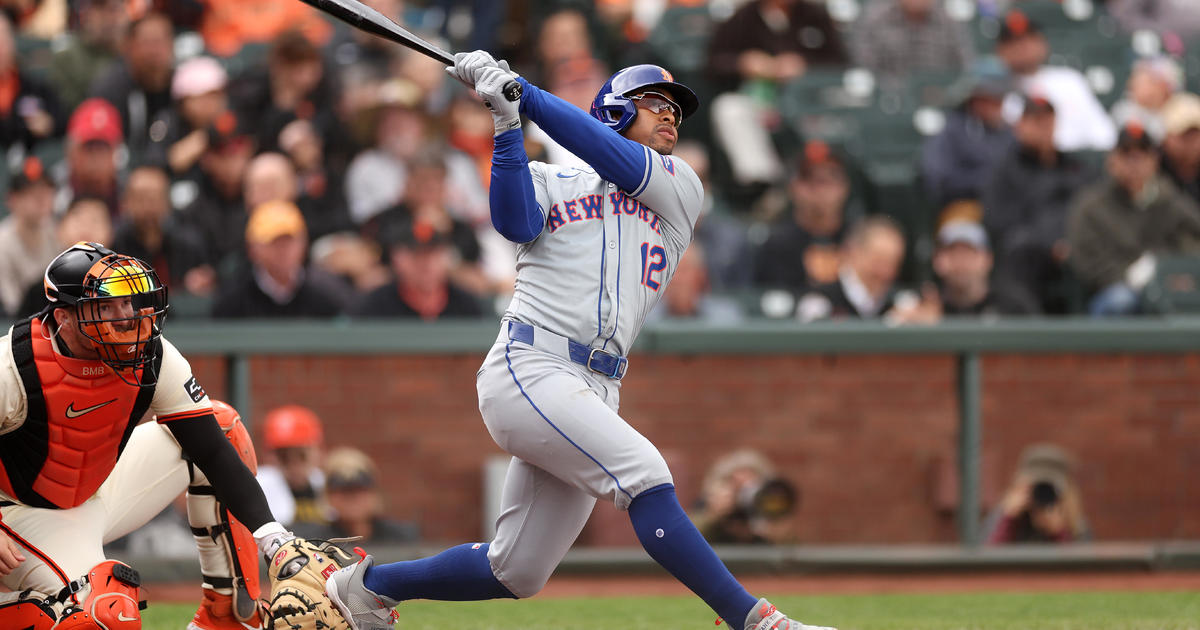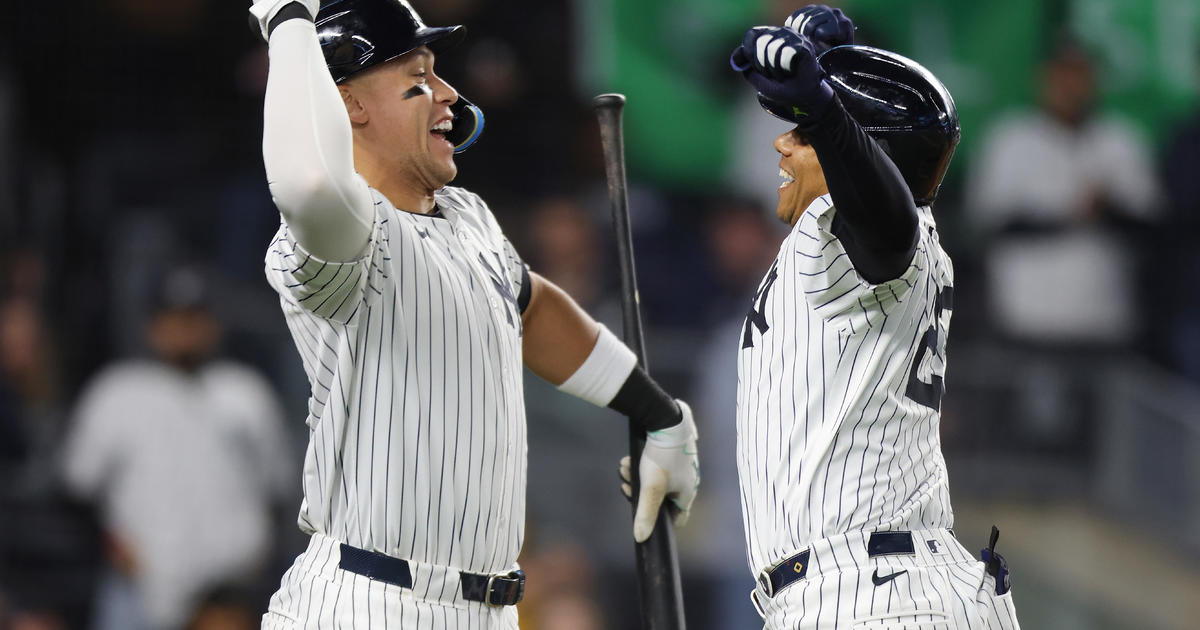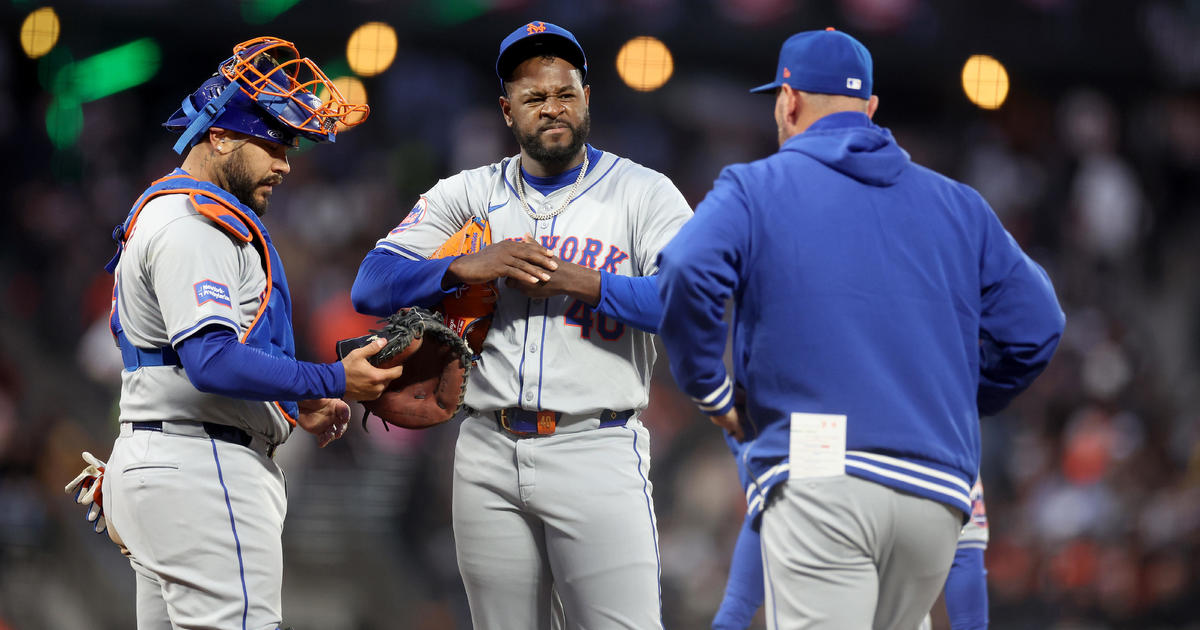Silverman: Rob Manfred May Have An Impossible Task On His Hands
By Steve Silverman
» More Columns
There was a time when Major League Baseball truly was the king of the sports world, but that was so long ago.
Many of baseball's problems were on display during the past week, as major-league owners convened to elect a new commissioner to their sport.
Bud Selig is set to receive his gold watch and walk off into the sunset where he can continue to eat two hot dogs for lunch every day. Admired by some but reviled by many more, Selig led baseball out of the labor-dispute era and into the home run-inflated steroid era.
Selig has apparently been good for business, as revenues have never been higher. Thanks to some incredibly huge local TV deals, MLB teams are making more money than ever before.
But what kind of shape is the game really in as new commissioner Rob Manfred prepares to take over? There are complaints about many aspects of the game, and the loudest seem to be about the game taking too long.
Baseball games used to be played in about 2 to 2 1/2 hours. Now, it's not uncommon for games to last 3 1/2 hours or longer. Pitchers take too long between pitches, while hitters love to stroll out of the batter's box whenever they have the urge.
The game often seems interminable to the average fan, and many who used to be regular paying customers have decided to spend their money elsewhere.
Tom Werner's name was in the running for the commissioner's job, and his primary issue was the length of games. Werner, the chairman of the Boston Red Sox, wants to use a clock to keep the game moving.
"Too many people are leaving games in the sixth and seventh innings because they can't watch 3 1/2-hour games, so they're leaving the game at the point where the game should be getting exciting," Werner said. "You wouldn't make a 3 1/2-hour movie. The NFL makes changes almost on an annual basis. They're considering making the extra point from 35 yards rather than from the 8-yard line.
"I respect tradition, but I don't revere it."
Baseball already has a 12-second rule. When no runners are on base, pitchers are supposed to throw their next pitch within 12 seconds.
That rule has clearly not been enforced, but Werner wants the game to move faster and he is all for putting in a clock.
I don't think that's what baseball needs. And I hate to say it, but I don't know that baseball can turn things around.
Baseball was eclipsed by pro football sometime in the mid-1960s, and the margin between the two sports has grown exponentially since then. The NFL has its problems -- the long-term health issues of those that played the game may be the most serious -- but the fans long for the game.
As the NFL preseason goes past its midpoint, with the regular season just around the corner, the obsession has never been stronger.
Locally, fans want to know if Geno Smith can grow in his second year and whether the Jets can challenge the Patriots. They also want to know if Eli Manning is capable of rebounding from a disastrous 2013 and turn the Giants around.
On a national basis, there seems to be more interest in Cleveland Browns rookie quarterback Johnny Manziel than there is in superb Los Angeles Dodgers pitcher Clayton Kershaw, who is rapidly earning a Koufaxian reputation.
Baseball's biggest problem was the 1994 labor dispute that resulted in the cancellation of the end of the season and denied fans the playoffs and the World Series.
It's not that fans are punishing baseball for that transgression. It's that they learned they could live without baseball, even the sport's crown jewel that is the Fall Classic.
The loss of the World Series represented an end to baseball's continuity. Baseball fans learned that there were many other things they could do with their lives in late August, September and October.
You may be a baseball fan, and so may your neighbor. But five guys down the street could care less, and neither do their kids.
The World Series seems almost like an afterthought in national sports coverage. It takes a back seat to the NFL and even college football.
This is the unintended consequence of baseball's labor wars. Neither management nor the union thought of this at the time.
That was a mistake that baseball does not know how to overcome.
You May Also Be Interested In These Stories



